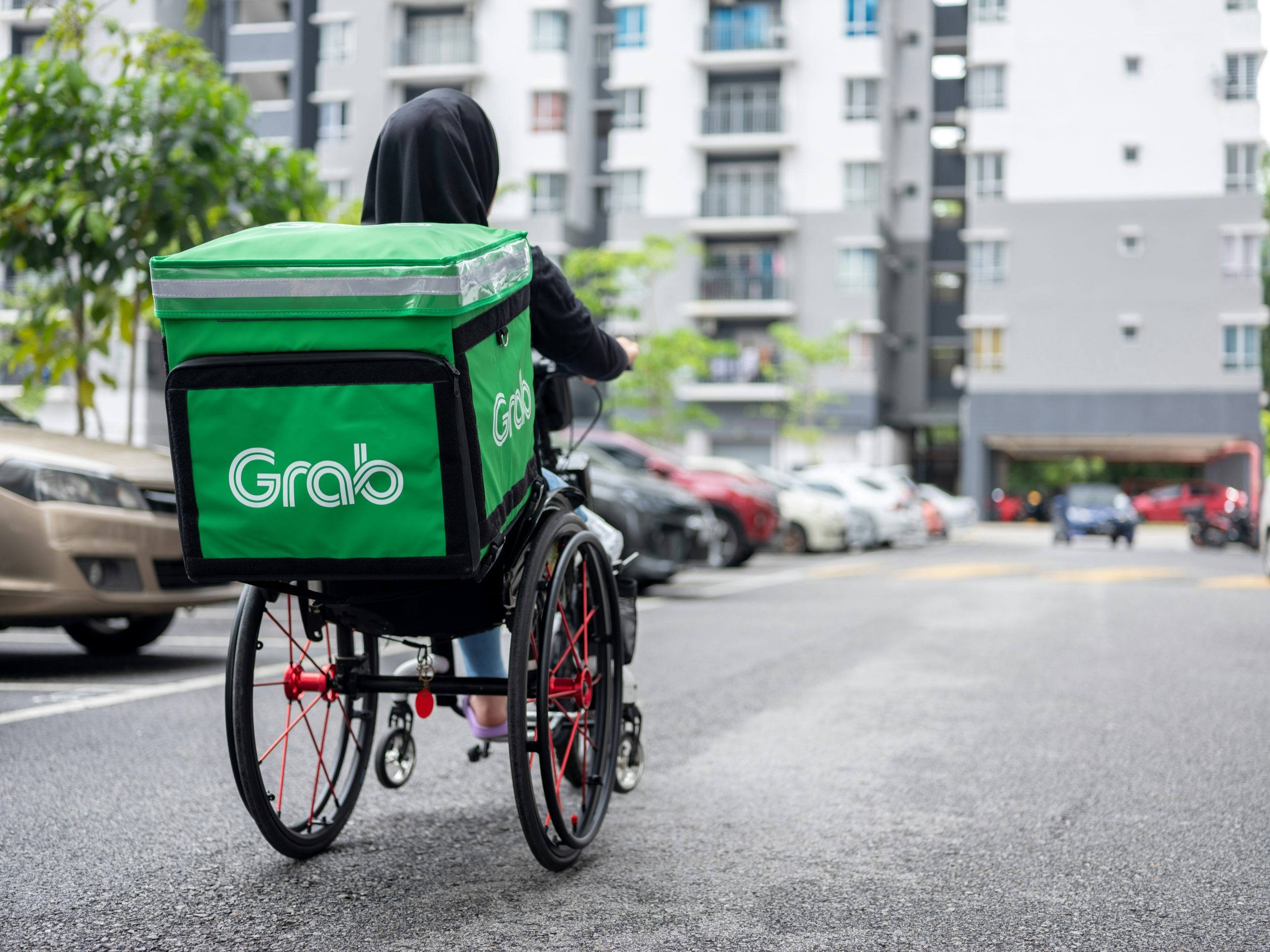Intellectual Property in the Gig Economy: Protecting Innovation
The gig economy has exploded in recent years, providing freelancers and independent contractors with a plethora of job opportunities. This new business model has revolutionized the traditional work structure, allowing individuals to work on a project-to-project basis and have more control over their work-life balance. However, with this increase in freedom and flexibility comes a new set of challenges, especially when it comes to protecting intellectual property (IP). In this article, we will explore the role of intellectual property in the gig economy and how freelancers and contract workers can protect their innovation and creativity.
What is Intellectual Property?
Before we delve into the impact of intellectual property in the gig economy, let’s first define what it is. Intellectual property refers to the unique creations of the mind, such as inventions, literary and artistic works, designs, and symbols used in commerce. It can be protected under various laws, including patents, trademarks, and copyrights, and is essential for incentivizing innovation and creativity.
The Rise of the Gig Economy
The gig economy has been on the rise since the early 2000s, with the advent of popular platforms such as Uber, Airbnb, and Upwork. These platforms have made it easier for individuals to find work and for companies to outsource projects to independent contractors. It’s estimated that by 2027, the majority of the US workforce will be participating in the gig economy in some form.
The Challenges Faced by Gig Workers
While this new business model has many benefits, gig workers face unique challenges, including job insecurity, lack of benefits, and little to no legal protection. These challenges also extend to intellectual property, as many gig workers don’t have the same level of protection as traditional employees.
The Importance of Protecting Intellectual Property in the Gig Economy
Just as traditional businesses need to protect their IP, gig workers must also take the necessary steps to safeguard their creations. Intellectual property is the lifeblood of many freelancers and independent contractors, and losing control of it can have severe consequences. Here’s why protecting IP is critical for gig workers:
Maintains Ownership
In the gig economy, independent contractors retain ownership of their creations, unlike traditional employees who transfer their IP rights to their employer. This means that freelancers and contract workers must be proactive in protecting their IP, as they are solely responsible for its maintenance and enforcement.
Prevents Infringement
The gig economy has made it easier for individuals to market their skills and services online, making freelancers and contract workers more vulnerable to IP infringement. Without proper protection, someone else could claim credit for a freelancer’s work and profit from their innovation or creativity. Infringement not only affects the gig worker’s income, but it also damages their professional reputation.
Incentivizes Innovation and Creativity
Intellectual property protection is necessary to incentivize innovation and creativity in the gig economy. Freelancers invest their time and resources into developing unique and valuable products or services, and without proper protection, they may not see a return on their investment. IP protection promotes fair competition and encourages gig workers to continue in their pursuit of new ideas and innovations.
How to Protect Intellectual Property in the Gig Economy
With the gig economy constantly evolving, it’s essential for freelancers and contract workers to stay informed on the best practices for protecting their IP. Here are a few steps gig workers can take to safeguard their creations:
Understand the Different Types of IP Protection
Each type of IP, whether it be a patent, trademark, or copyright, has its own unique set of benefits and requirements. Freelancers should familiarize themselves with the various forms of protection and determine which is most suitable for their creation.
Get it in Writing
Freelancers should always have a written contract in place with their clients that outlines the ownership and usage rights of their intellectual property. The contract should also include clauses addressing confidentiality and non-disclosure to protect the freelancer’s creations from being shared without their consent.
Utilize Digital Tools
There are many digital tools available to help gig workers monitor and protect their IP. Platforms such as CopyGuard and Brandyourself.com assist freelancers in monitoring their online presence and identifying any potential IP infringement.
Consult a Lawyer
If a freelancer’s IP has been infringed upon, it’s crucial to consult a lawyer who specializes in intellectual property. They will be able to advise the freelancer on the best course of action and help them take legal action if necessary.
Conclusion
The gig economy has brought about significant changes in the way we work, and with it, a new set of challenges. As the number of freelancers and contract workers continues to increase, it’s more important than ever to understand the role of intellectual property and how to protect it. By taking the necessary steps, gig workers can safeguard their creations and continue to thrive in this evolving business model.










